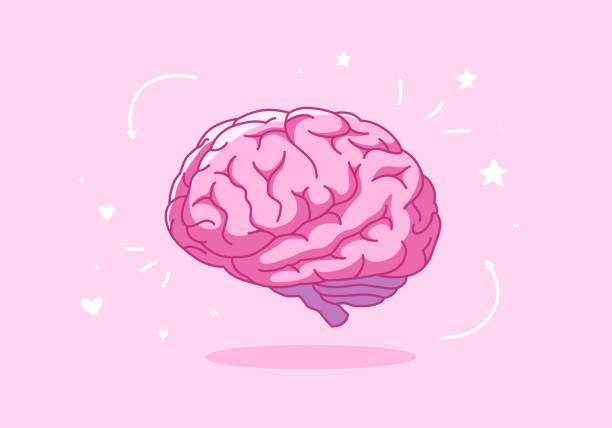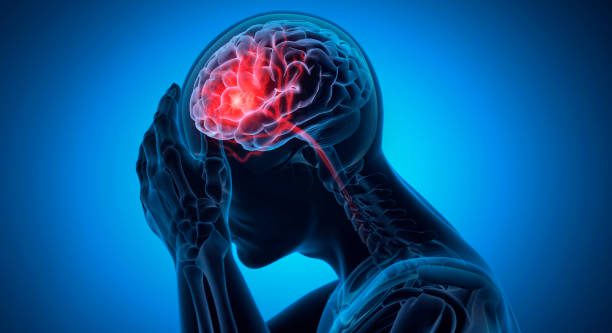This content is for informational and educational purposes only. Always consult a qualified healthcare provider.
Last Updated on April 16, 2025 by Grace Oluchi
Imagine a time when something happened that was really scary or painful that absolutely still scares you to the core? That was a trauma.
Just like an injury on your knee can cause pain and make it harder to walk, trauma also makes it hard to feel happy or safe. But just like that knee can heal if you take care of it, your heart can heal from trauma too. IF you take care of it.
Trauma can be violence, abuse, neglect, or a natural disaster and its impact can be PTSD (Post Traumatic Stress Disorder), flashbacks, nightmares, anxiety, and depression. It can also be long-lasting.
📋 Table of Contents
What Is Trauma?
Trauma is a deeply disturbing event that can leave lasting psychological wounds. It can be triggered by experiences like violence, abuse, accidents, disasters, or other extreme stressful situations. The effects of trauma can show up in many ways, like anxiety, depression, post-traumatic stress disorder (PTSD), and so many other mental health conditions.
Even if you experienced trauma years ago, the feelings and memories can resurface at any time. That’s why anyone who has experienced trauma should seek for help. Not just any help but a professional one.
What Is PTSD (Post Traumatic Stress Disorder)?
PTSD stands for Post Traumatic Stress Disorder. It’s when someone has been through trauma and it can make them feel very sad or scared even after the scary thing is over. It’s kind of like when you’re scared of something, but the thing that scared you isn’t there anymore, but you’re still scared anyway.
It can make people feel very sad or scared for a long time, even years after the scary thing happened. But, PTSD is not something you can catch like a cold, it’s just something that can happen to people when they’ve been through something traumatic.
How Does Trauma and PTSD Affect the Brain?


After trauma is over, you might still feel really scared and worried, even when you’re in a safe place. This feeling is called Post Traumatic Stress Disorder, or PTSD.
When something scary happens, your brain remembers it in a way that makes you feel like it’s still happening, even when it’s not. This is your brain trying to keep you safe, but sometimes it can make you feel scared or sad even when you’re really not in danger.
It’s like your brain takes a picture of it and keeps that picture in your head, it also remembers all the feelings you had when it happened, so, even when you’re in a safe place, your brain might show you that picture and make you feel those same feelings.
This is how Trauma works with PTSD and it’s like a scar on your brain.
Symptoms of PTSD.
- You might be having flashbacks.
- Sometimes, you might have nightmares about what happened.
- You might feel like you’re always on edge and might be scared of things that usually wouldn’t scare you.
- You’re trying to stay away from things that remind you of what happened, like certain places, people, or things.
- You might be feeling sad or angry a lot of the time, even when you’re not sure why.
- You probably feel scared or like something bad is going to happen, even when it’s not.
- You don’t want to talk about what happened, even if people ask you.
- You’re having trouble falling asleep or staying asleep.
- Feeling really tense or like your muscles are all tight, even when you’re not doing anything.
Causes of PTSD.
- Bullying: Bullying can be really hurtful, and sometimes that pain can stay with someone for a long time.
- Natural disasters: Sometimes things like hurricanes, tsunami or earthquakes can be really scary and make people feel unsafe.
- Seeing scary things: If someone sees something scary, like a brutal car accident or a murder scene, they might feel really sad and scared for a while.
- Seeing or experiencing violence: Violence can be really scary and make people feel unsafe. And people can remember things that happened to them for a very long time.
- Being homeless: Being homeless can make people feel unsafe and like they don’t have a place to call home.
- Having a serious mental illness: Serious illnesses can be really traumatic and make people feel like they’re not in control.
- War or military service: Some people who serve in the military can see or experience really scary things. Even doctors too! Remember when COVID-19 started, there was no cure and people were dying like crazy? It could have caused PTSD for them.
- Child abuse: Child abuse is never okay and can make people feel really unsafe and scared.
- Living through a brutal accident: Car accidents can be really scary and make people feel unsafe.
- Living through a terrorist attack: Terrorist attacks are really scary and can make people feel unsafe and unsure about what’s happening. People in Gaza and other countries are traumatized right now from the genocide they’re facing.
Coping With PTSD.
We feel all kinds of different feelings. From excitement to fear to happiness and PTSD is just different. Instead of feeling different emotions, your brain feels like it’s stuck in a scary place, it is scary and it makes it hard to do everyday things.
The good news is there are ways to help you feel better. Your brain can learn how to get unstuck and do fun things again. Here’s a few;
- Talk to someone you trust, like your parents, a grown-up you like, or a doctor or therapist. They can help you learn ways to feel better.
- Do things that make you happy. Why? It can help you feel less scared and remind you that you’re safe.
- If you start to feel sad, scared, or angry, it’s okay to cry or scream into a pillow. It helps your brain to let out those feelings.
- Get enough sleep. It helps your brain to feel less tired and less stressed.
- Take deep breaths and count to 10 when you start to feel upset.
- Read personal stories of people living with PTSD and learn from them.
- Find a safe space that makes you feel safe and secure.
- Keep a diary.
Diagnosing PTSD.
Doctors can diagnose PTSD by talking to the person about their experiences, and by doing “special tests” that look at how the person’s brain and body are reacting to certain situations and topics.
Treating PTSD.
- Therapy: A therapist can help you understand your feelings and thoughts better.
- Medicine: Some doctors give people special medication that will help them feel better.
You are not alone. ❤️

